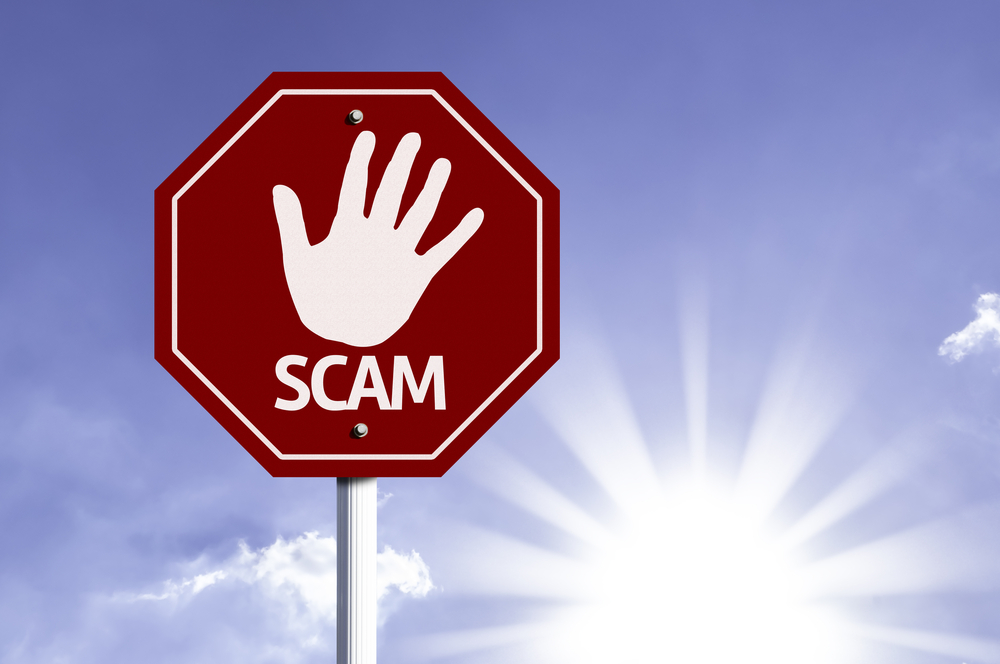News
Councils warning about Test and Trace scams

People are being urged to be on their guard against criminals trying to con people out of money by pretending to be from the NHS Test and Trace Service.
The Local Government Association (LGA) says councils have received reports of fraudsters attempting to exploit the system through bogus phone calls, emails and text messages which ask for bank card details to cover the cost of the testing kit.
The Test and Trace Service aims to reduce the spread of coronavirus by quickly testing people with symptoms and either phoning, texting or emailing whoever they have had close contact with to tell them to self-isolate for 14 days.
How do Test and Trace scams work?
In Test and Trace scams, the potential victim receives a message or phone call claiming to be from the NHS Test and Trace Service. The message says the person has been in contact with somebody who has tested positive for coronavirus and that they need to self-isolate and take a test.
The scammers refuse to disclose who the householder has been in contact with but ask them to confirm their address so a testing kit can be sent to them.
Bank card details are then requested – purportedly to cover the cost of the testing kit.
However, the genuine NHS Test and Trace service, and Covid-19 tests, are free.
How does the NHS Test and Trace service work?
The NHS Test and Trace service will only ask you for information found on the contact tracing website or on the Government’s website.
This will include your full name, date of birth and details of any symptoms you may have.
You will only ever be called from the number 0300 013 5000 or receive a text from NHS.
If you test positive for coronavirus, you will either receive a call, text or email from NHS Test and Trace with instructions on how to share details of the people you have been in close contact with.
The NHS Test and Trace service will never:
- Ask for bank account details, passwords or PIN numbers
- Ask for a payment or to buy a product
- Ask you to download any software
- Ask you to call a premium rate number (for example, those starting 09 or 087) to speak to the NHS
- Disclose any of your personal or medical information to your contacts
Scams Awareness Fortnight
The Test and Trace scam warning comes during Scams Awareness Fortnight, and amid new research which shows that more than one in three people in the UK have been targeted by scammers since lockdown began.
Simon Blackburn, chair of the LGA’s Safer and Stronger Communities Board, says: “Scammers don’t care about people’s safety and this latest scam is another worrying and sickening attempt to trick people out of their money by preying on the public’s fears.
“Councils across the country are playing a key role in supporting the NHS Test and Trace Service and on plans to manage local outbreaks. This ruthless scam undermines this vital work to save lives by exploiting people who want to do the right thing and stop the spread of the virus.
“People may be contacted by the Test and Trace Service by text, email or phone, but the official tracers will never ask you to make any payment or for your bank details.”
Anyone receiving a call or message they suspect to be from a scammer should report it to Action Fraud.
Kate Bevan, Which? computing editor, says: “It was only a matter of time before fraudsters rushed to exploit the government’s Test and Trace service, which is worryingly easy to impersonate or spoof.
“Legitimate contact tracing callers will only ask for basic information and will never ask for payments, bank details or passwords. It is vital people remain wary of unsolicited calls, texts and emails asking for sensitive information or with suspicious links.”